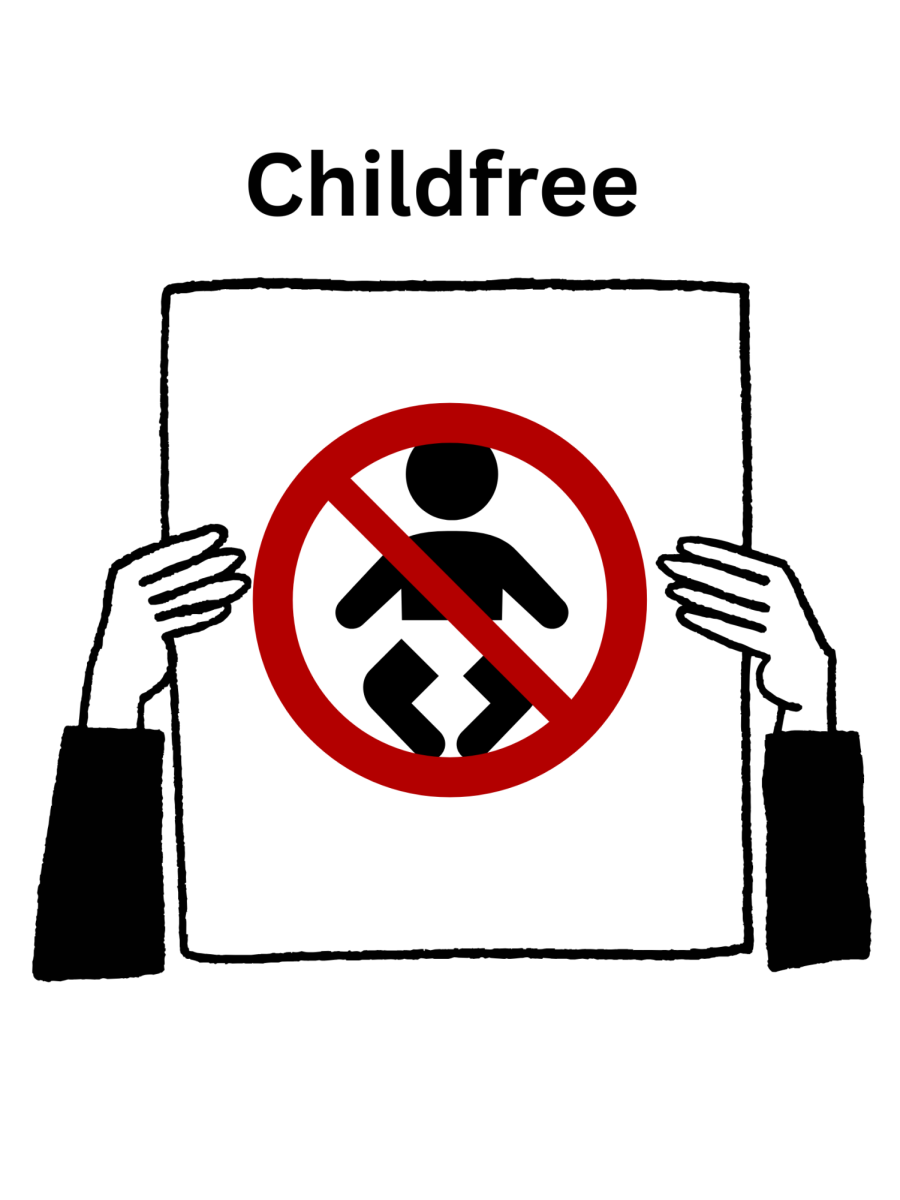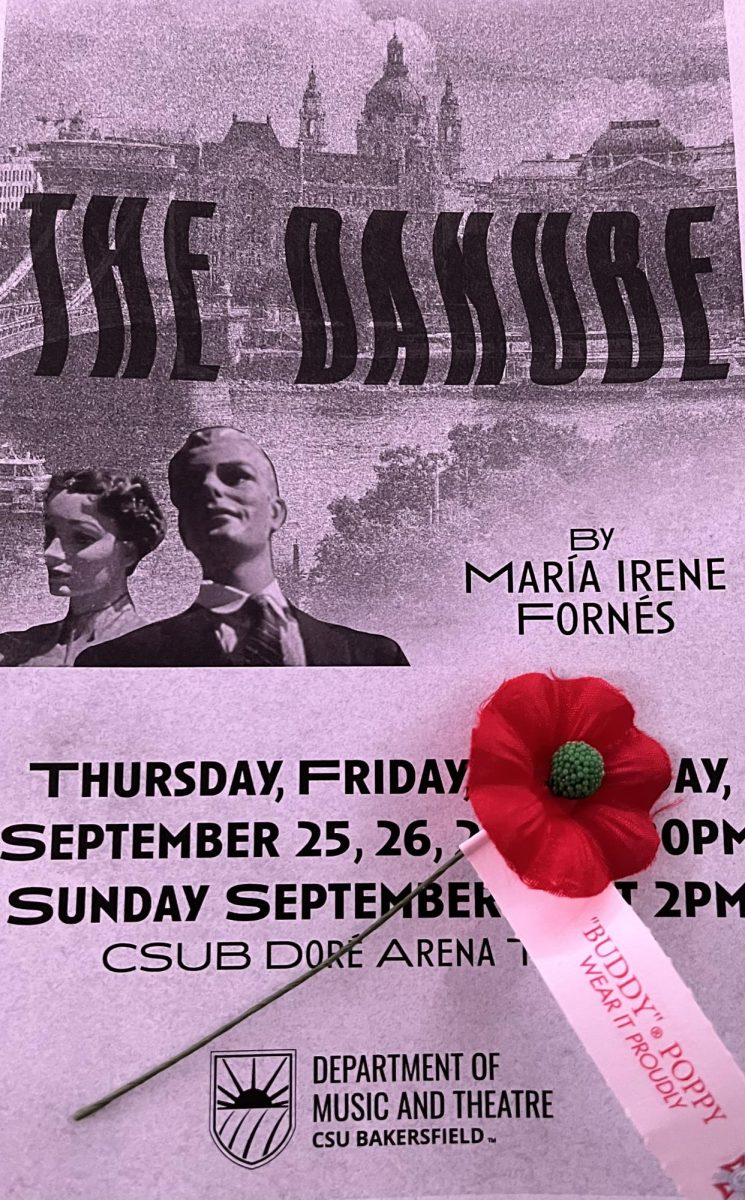Increasing student fees at CSU Bakersfield have hit students where it hurts: their pockets.
Grad check fees have increased from $55 to $70 in another fee increase, MyWritingLab fees have increased from $24 to $36 and the technology fee from $6 to $15.
That’s $36 additional dollars that a student can expect to pay, at least before another unwanted mandatory increase is forced down students’ throats.
That’s not including the increase in parking fees that will go to build additional parking on campus that won’t be completed until after fall 2016.
Where are all of these fees coming from? Are students involved in the decisions being made by these increases?
Unfortunately, not all students are aware or involved in these increases.
There needs to be more transparency and information to students about fee increases.
Just in 2014 the grad check fee was $40.
It was raised to $55 in 2015 and now, once again, there is another $15 increase to $70 for those graduating in spring 2017.
The MyWritingLab and technology increases were passed by votes from the Campus Fee Advisory Committee. But what is the Campus Fee Advisory Committee?
That is something many CSUB students don’t know.
At CSUB, a fee advisory committee is comprised of students, faculty, staff and administrative representatives to provide advice to the CSUB president.
The students in this committee are appointed by the campus student body association, in CSUB’s case, Associated Students Inc.
These students constitute a majority of the voting members of the fee advisory committee.
This committee will then advise CSUB President Horace Mitchell on whether they feel there is a need for an increase or adjustments in fees.
According to Executive Order 1054, which is the executive order that brings together the California State University Board policies that comprise the CSU Fee Policy, Category II fees are “Campus mandatory fees that must be paid to enroll in or attend the university.”
These fees according to the CSUB Catalog require consideration by the campus fee advisory committee and a student referendum, but ultimately the chancellor is delegated authority for the establishment of Category II fees after recommendation from the committee.
Although an advisory student referendum, which takes any fee wanted to be established to a campus-wide student vote, is the preferred method of adjusting a Category II fee, it is not required.
This was seen back when the Student Programming Fee was implemented at CSUB.
This fee was not put to a student vote and was instead approved by Mitchell after the committee recommended the need for the fee.
Why doesn’t Executive Order 1054 require a referendum for any fee that will affect students?
Why should a committee choose what CSUB students should pay, instead of going straight to the students for a vote?
Fees at CSUB are coming at students from all directions, and although parking is not a mandatory fee; it’s still something that affects the students. Grad check isn’t a mandatory fee for students to enroll, but it’s required to graduate.
The fact that student fees are being raised without taking the vote to the CSUB student population through referendum shows that the student representation in this Campus Fee Advisory Committee doesn’t care enough about those they represent to give them the option to choose their position on respective fees.
There seems to be too many loopholes in the hungry system, and student pockets are being used to supplement that hunger.
There also needs to be more transparency as to what this committee is about and what they do at these meetings.








